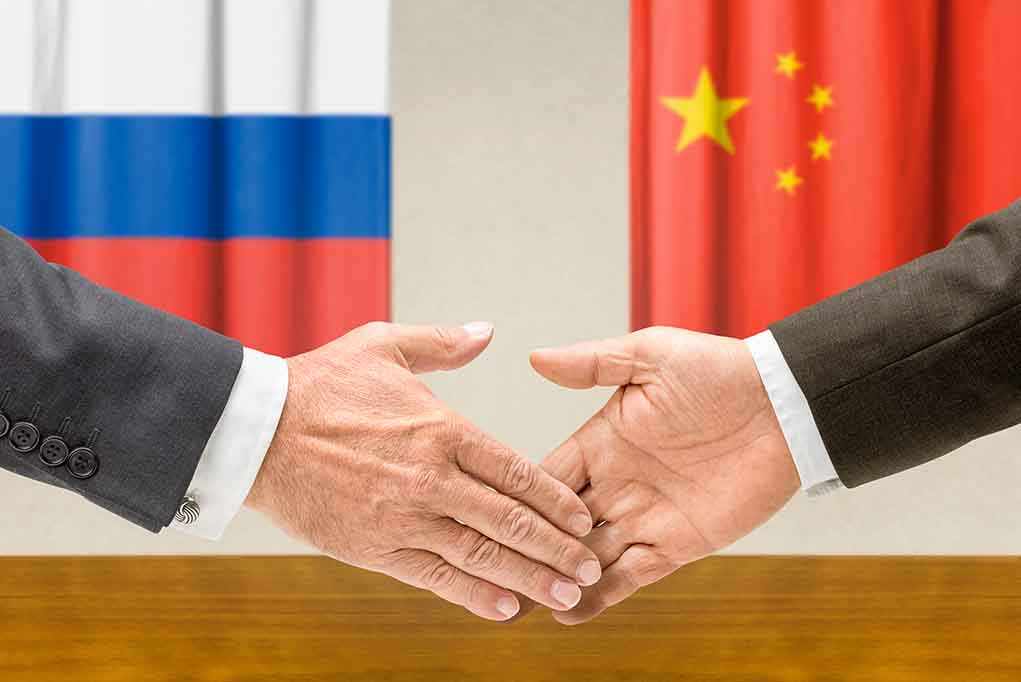
The largest military parade in China’s history, featuring Vladimir Putin, Xi Jinping, and Kim Jong Un, signals a new axis of authoritarian power challenging the US-led global order.
Story Highlights
- China hosted its largest military parade, with no Western leaders present.
- Xi, Putin, and Kim’s public unity challenges the US-dominated world order.
- The event marks a significant shift towards authoritarian alliances.
- Western powers face potential new geopolitical threats from this bloc.
Major Powers Display Unity
On September 3, 2025, Beijing’s Tiananmen Square became the stage for a grand military parade marking the 80th anniversary of Japan’s World War II surrender. Attended by Chinese President Xi Jinping, Russian President Vladimir Putin, and North Korean leader Kim Jong Un, the event underscored a bold show of unity against US-led global dynamics. This unprecedented gathering of these leaders highlights an emerging bloc of authoritarian states determined to challenge Western influence.
The parade, absent of any Western leaders, showcased China’s advanced military technology, including new-generation hardware. This sends a clear message of defiance to the United States and its allies, emphasizing that the geopolitical landscape is shifting. The presence of leaders from China, Russia, and North Korea demonstrates a fortified alliance, potentially reshaping global power dynamics with significant implications for international relations and security.
Historical Context and Current Motivations
This display of power is not just a historical commemoration but a strategic assertion of a new global axis. The timing of the parade, on the anniversary of Japan’s WWII surrender, was symbolic, leveraging historical memory to legitimize current alliances. The absence of Western leaders at the parade underscores the growing geopolitical divide and the deepening cooperation among China, Russia, and North Korea, which have been increasingly aligned against Western sanctions and influence.
China, the economic and military giant among the trio, seeks to assert its global leadership while deterring US influence. Russia, facing Western sanctions over its actions in Ukraine, uses this alliance to demonstrate it still commands international support. Meanwhile, North Korea aims to gain diplomatic recognition and economic aid while signaling its defiance to the US. The parade thus serves as a platform for these nations to project strength and unity.
Implications for Global Politics
The implications of this event are profound, both in the short and long term. In the immediate future, it could heighten tensions with the US and its allies, prompting increased military posturing in East Asia. Regionally, countries like Japan, South Korea, and Taiwan may face heightened security concerns, potentially leading to increased military deployments or sanctions by Western powers. Economically, this could accelerate global decoupling and disrupt supply chains.
Vladimir Putin, Xi Jinping ponder unsettling ambitions in rare hot-mic moment https://t.co/o9siAXV0lt pic.twitter.com/nzR2htWPSf
— New York Post (@nypost) September 3, 2025
In the long term, this parade could signify the solidification of a new “axis” of authoritarian states, challenging the existing international order. While some experts warn of a new Cold War dynamic, others suggest the alliance may be more symbolic than substantive, given underlying mistrust among the parties involved. Regardless, the event is a clear signal of shifting alliances and the potential for new geopolitical challenges.
Sources:
Axios: China Military Parade with Xi, Putin, Kim

